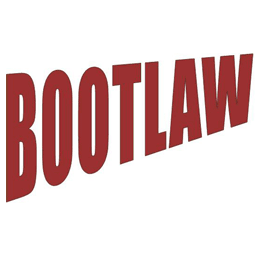Coping With a Downturn: Monitoring Solvency
In these difficult times Companies must avoid doing business while technically insolvent.
What does this mean?
Unhelpfully the law itself does not define "insolvency". Broadly speaking it means either your company cannot pay its debts as they fall due or its liabilities are greater than its assets. Trading while insolvent triggers various liabilities for those involved and has serious consequences for Directors. In some cases, Directors can become personally liable for the debts of the company and even be disqualified from acting as a Director in the future.
Directors owe certain duties under the law. Generally speaking Directors must be able to show that they acted reasonably and responsibly at all times.
It is critical for Directors to monitor the Company's bank balance and the balance sheet. Companies should ensure that there is enough cash to pay those they may owe money to on a daily, and on a more long term, basis. If there is any doubt as to the ability of a Company to do this then specific professional advice from an accountant and solicitor should be obtained immediately.
Payments due by a Company under contracts with its suppliers, employees and other creditors need to be considered. Contingent liabilities also need to be factored in. These include customer warranty claims and law suits filed against a Company among others. It will also be necessary to review how much it would cost to terminate contracts and other arrangements under the terms of the relevant Agreements. Practical steps to show that all these factors were taken into account include holding regular minuted Board Meetings in which the company's current and forecast cash flow is examined and balance sheets submitted and considered.
If it appears that there could be insufficient cash to meet obligations and contingent liabilities and broadly speaking no reasonable prospect of earning enough then it is time to take action. Speak to your advisers. Action could take the form of a cash injection by the shareholders. Or, if the Company has a parent company a promise from the parent company that it will fund the company may be sufficient. Other options include administration. Alternatively it may be time to call it a day, close the Company and business down and pay down the money owed. Be careful out there.


